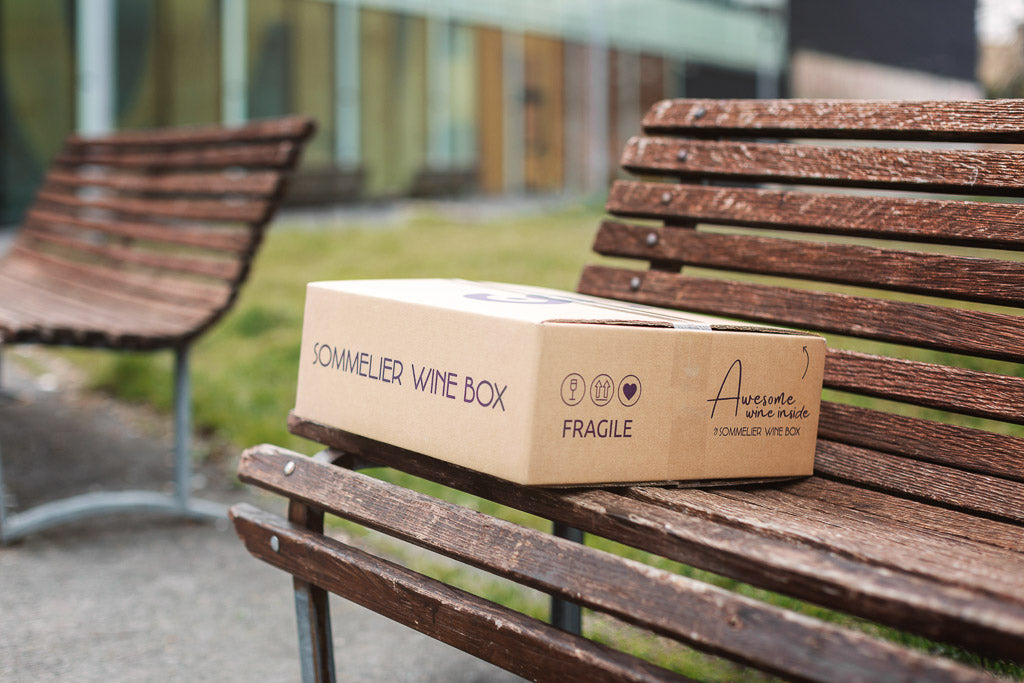Whether it is to pass the W-set, obtain other sommelier certifications or simply for the pleasure of remembering the wines you taste and the cellars you visit, we have put together all the advice from our experts to study wine at its best. Here is the complete guide by Sommelier Wine Box, in 10 points.
Sommelier exams are no joke, and understanding wine is no joke. Here are our tips for remembering and learning effortlessly. Complete guide in 10 points.
1. The time factor
In preparing for the sommelier exam, as in becoming good at wine, you need time to study and taste : there is no escape from this. And you need many more hours than recommended when attending courses, from W-SET on down.
- Read also: how to become the best sommelier in Italy in one year
2. Study with curiosity
Here we can distinguish between those who want to become sommeliers and those who want to learn without acquiring certifications: studying is essential for everyone, naturally for those who do not want to make it a job, careful and informed tastings, repeated over time, can at least partially compensate for the study of books.
For aspiring sommeliers, however, the books must be studied in their entirety: they are the basis, to then be grown with practice.
The goal is to have a personal database (of the main wine regions of the world, of the vines, of the denominations...) enriched and built thanks to informed tastings: each new drink will allow you to make more connections and give more satisfaction.
3. Understand the geography of wine
This is an aspect that belongs to and expands on the two previous points. It is important to study keeping the geography of wine very clearly in mind, effectively tasting on the map . So understand where exactly that specific wine comes from and in what conditions it was produced, soil and climate. In practice, it is a question of understanding the starting terroir .
- Read also: what is tastevin?
4. Find out about wine news
Being updated on wine is important: between changes in denominations, controversies, the situation of winemakers around the world, wine numbers... if you want to be part of the wine world, the main news must be known.
We at Sommelier Wine Box do a monthly column on wine news. It comes out every month on day 1 and can be read here .
5. Keep track of your tastings
At least in the initial phase it is important to write down the impressions of what you taste. To do this, there are notebooks dedicated to wine tasting, grids with the technical tasting provided by the various associations, dedicated apps, of course your own notes or computer files...
We at Sommelier Wine Box offer our subscribers an app with all the information on the wines received, in which it is possible to add your own review (a review which also improves profiling, and therefore the selections of wines to receive).

6. Read about wine
Whether they are books, well-made blogs, monthly magazines or other paper magazines, podcasts, curated social media... surrounding yourself with wine culture is important to enter this complex and fascinating world.
Our magazine is designed for those who are just starting out (with the basic notions and explanation of the "great classics") but also has gems for expert people (particular wine regions, in-depth analysis...). Read it here .
- Read also: tricks for tasting like a sommelier
7. Understand the heart, then add
Whether it is a variety, a denomination or the characteristics of a region, it is important not to get lost in a thousand streams but to first create a solid skeleton with little and precise information.
From there, you can add details, exceptions, information of all kinds over time.
8. Blind tasting
An excellent way to learn is to do blind tastings , alone or even better in company. We have talked about it at length here about what it is.
9. Talk about wine
To understand how to question the glass, it is useful to discuss wine with friends, other enthusiasts, sommeliers , wine sellers... naturally the more curious and competent these people are, the more you learn and have fun.
- Read also: how to taste wine
10. What to ask yourself when faced with a wine
Understanding wine requires study, practice, curiosity and memory.
The starting point in front of the glass is the grapes from which it is made, the main characteristics of which must be known, together with the region of origin.
Another question to ask yourself in front of the glass is: what are the key factors that determine the style of this wine? And here the work of the producer comes into play, in the vineyard and in the cellar, with the specific refinement to which it has been subjected.
To summarize, especially when faced with a large bottle it is important to ask ourselves why it is.




